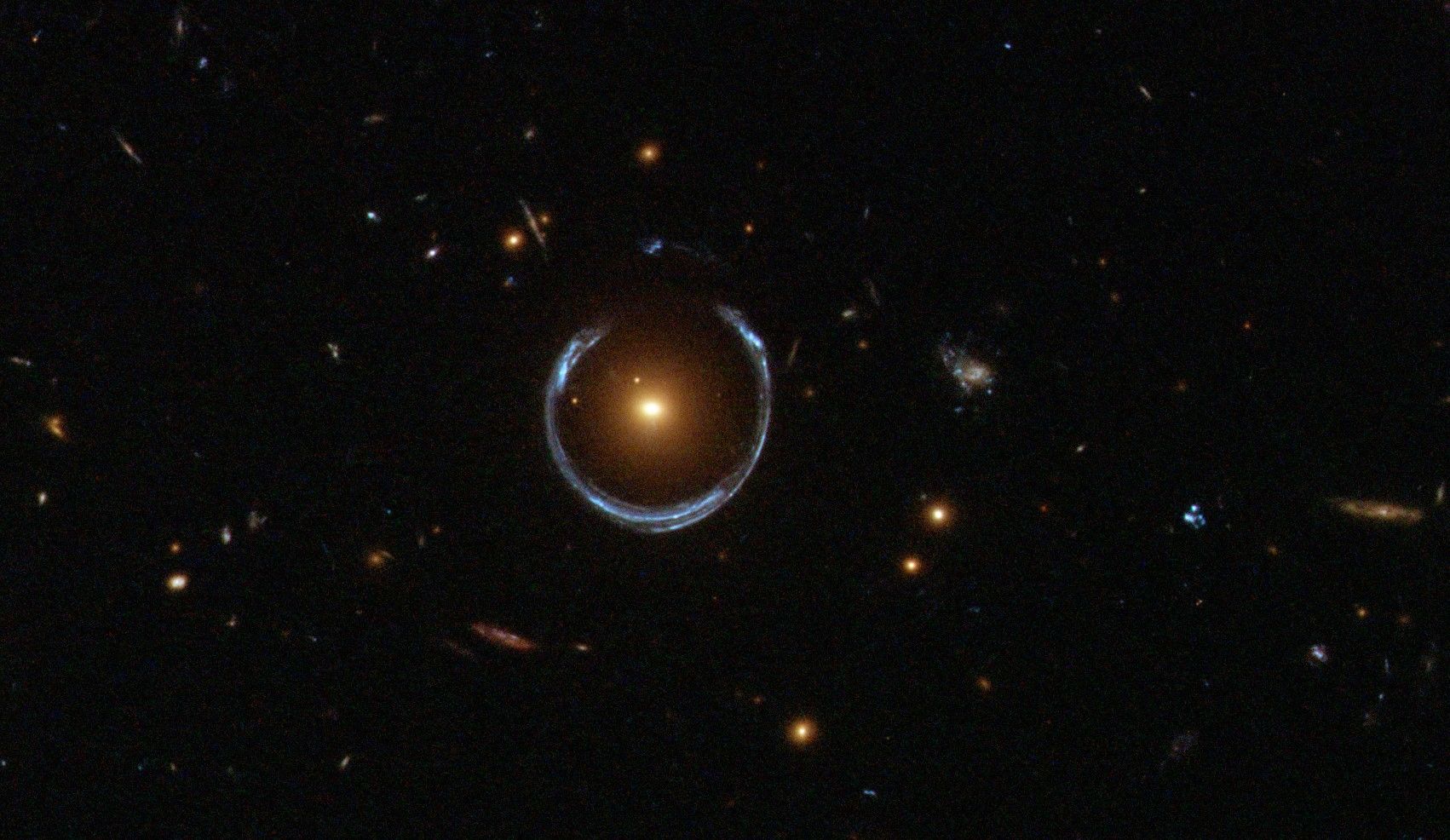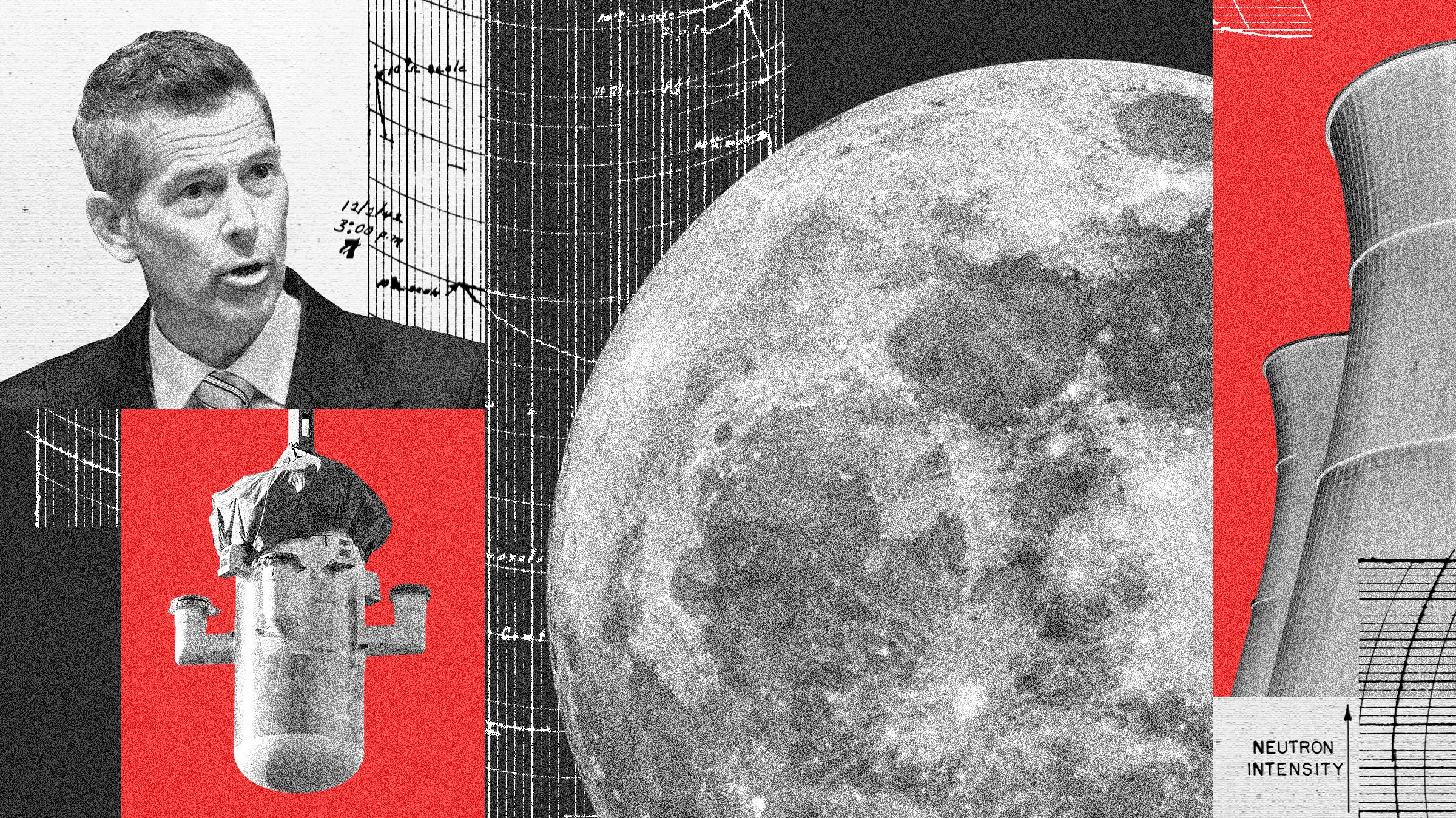Why the US Is Racing to Build a Nuclear Reactor on the Moon
The United States is in a race to build a nuclear reactor on the Moon for a variety of reasons. One of the main reasons is to establish a sustainable source of power for future lunar colonies. Unlike solar power, nuclear reactors can provide a continuous and reliable source of energy even during long lunar nights.
Additionally, a nuclear reactor on the Moon could facilitate the production of rocket fuel using regolith, the Moon’s surface material. This could significantly reduce the cost and complexity of missions to Mars and beyond.
Another reason for building a nuclear reactor on the Moon is to support scientific research and exploration. A nuclear reactor could power instruments and experiments that require a significant amount of energy, enabling breakthroughs in our understanding of the Moon and the universe.
Furthermore, having a nuclear reactor on the Moon could pave the way for the development of nuclear power systems for future missions to other planets and celestial bodies.
The US government sees building a nuclear reactor on the Moon as a strategic advantage in the new space race, positioning the country as a leader in space exploration and colonization. It could also strengthen international partnerships and collaborations in space exploration.
However, there are also concerns and challenges associated with building a nuclear reactor on the Moon, including technical hurdles, safety risks, and regulatory issues. These need to be carefully evaluated and addressed before moving forward with the project.
Despite these challenges, the US is determined to push ahead with plans to build a nuclear reactor on the Moon, driven by the potential benefits and opportunities it could bring for future space exploration and colonization.
Overall, the race to build a nuclear reactor on the Moon underscores the growing importance of sustainable energy sources in space exploration and the ambitious goals of humanity to expand our presence beyond Earth.






More Stories
FEMA Now Requires Disaster Victims to Have an Email Address
This Might Be the Most Massive Black Hole Ever Discovered
US Coast Guard Report on Titan Submersible Implosion Singles Out OceanGate CEO Stockton Rush